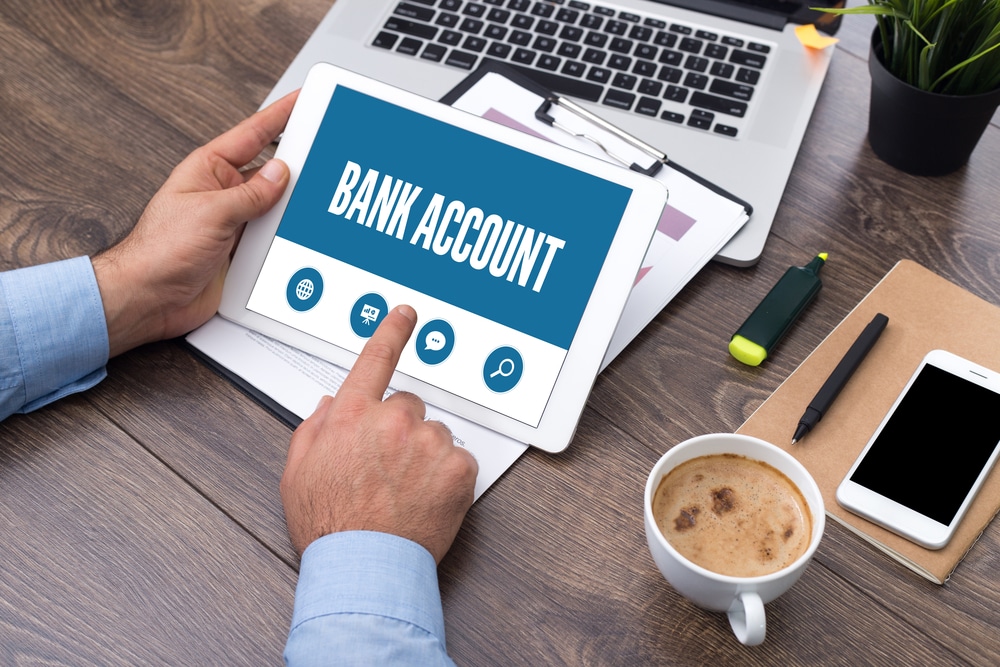Financial institutions like banks offer various types of accounts to customers. Two of the popular ones are savings and checking accounts. While both are designed to hold money, they have several differences, which will be discussed in this article. Stay tuned.
Checking Account Explained
Checking accounts are those offered by financial institutions to allow customers to make debit and credit transactions. Most of them come with check-writing capabilities and debit cards.
📈🤖 Unlock unparalleled trading potential with GPT Stocks Master AI! Revolutionize your portfolio, leveraging real-time insights and predictive analytics. Don’t miss out – step into a world where precision and profitability meet. Ready to transform your trading journey? Click “Master My Trades” now for your exclusive access! ✨🚀📊
Owners of checking accounts can make cash withdrawals at automated teller machines (ATMs) or the counters. Moreover, they are allowed to pay for purchases using debit cards and make wire or ACH transfers.
But how do you deposit funds into your checking account? You can deposit cash at the branch or through wire transfer, mobile check deposit, and automated clearing house transfers.
That said, checking accounts are ideal for people who need to access funds on a daily basis. Note that most of these accounts do not earn interest, while those that do usually attract lower interest than savings accounts.
So, which financial institutions offer checking accounts? Well, they are provided by credit unions, online banks, and brick-and-mortar banks.
Savings Accounts Explained
Savings accounts are designed to hold money that’s not earmarked for daily usage. For instance, you can open a savings account to save money for a vacation or a down payment for your dream house.
Similarly to a checking account, a savings account can be issued by an online bank, a credit union, or a traditional bank.
Your savings account will earn interest if you do not withdraw funds from it. As mentioned earlier, interest earned in savings accounts is higher than that accrued in checking accounts. Furthermore, interest rates vary from one financial institution to another. In the United States, the yearly average interest is 0.60%.
Lift Financial’s President John Bergquist urges people to open savings accounts with online banks to earn higher interest, arguing that these financial institutions incur lower operating and overhead costs than traditional banks, allowing them to offer a higher APY to customers.
Withdrawal Limits on Savings and Checking Accounts
One of the main benefits of holding a checking account is that you can make unlimited withdrawals daily without getting penalized. Savings accounts, on the other hand, come with withdrawal limits in most countries. In the United States, for example, savings account holders can only make six withdrawals monthly. You are likely to be penalized if you exceed this limit. Therefore, asking your bank about the withdrawal limits on savings accounts is advisable. This helps you to avoid paying unnecessary penalty fees.
Meanwhile, countries that have not set withdrawal limits on savings accounts allow customers to make unlimited withdrawals via ATMs or at their bank branches.
Savings vs. Checking Account: Which One is Better?
Before opening any of these accounts, you need to assess their features to identify one that suits your needs better. Here are the questions you must find answers to when choosing between a savings and a checking account.
1. Does the account require you to maintain a minimum balance?
2. What fees will you pay to own the account?
3. Does the account have a debit card?
4. Does the account accrue interest? If so, what’s the annual rate?
5. Are there withdrawal limits on the account?
How Much Should You Maintain in Your Checking Account?
The amount of money you keep in a checking account is determined by a few factors. For instance, if your account provider requires customers to maintain a minimum balance, then you must ensure your checking account has the specified balance to avoid being penalized.
But maintaining an amount that can meet your expenses for at least three months is recommended.
Requirements of Opening a Savings or Checking Account
When registering a savings or checking account, your bank will ask you to provide a government-issued document like a driver’s license or ID card and password to verify your identity. Identity verification is a vital process as it helps financial institutions prevent illegal financial transactions.

